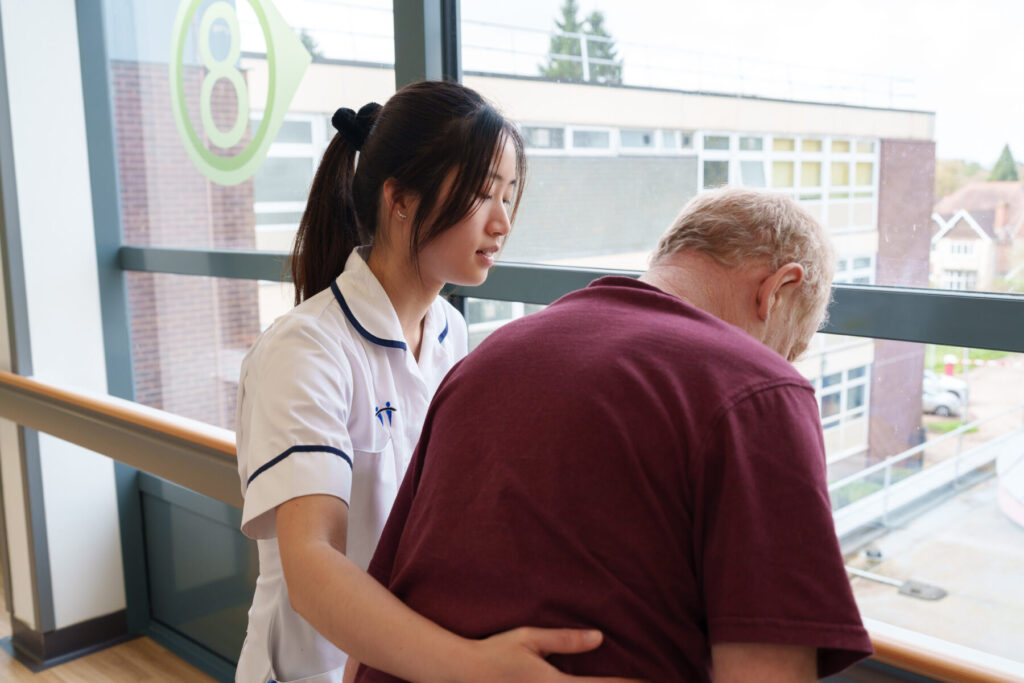Evidence informed care means using the available evidence base to plan and deliver care to service users. This involves understanding the available evidence and using this alongside your clinical experience and the wishes of the service user and their families to provide effective individualised support. This also includes collecting data to monitor how well things have worked, and for whom, using outcome measures, service evaluations/audits and patient experience feedback.
Summarise what the user of CIPI should learn in this section
By watching the videos on this page and reading the contents of the page you will understand:
- Where to access current evidence
- How to search for evidence (defining the question/using search terms/using databases)
- How to collect patient feedback
- Co-production of care outcomes
- Journal clubs
How to complete this stage at BCHC
In order to learn about the existing evidence base you can:
- Reach out to the BCHC Clinical Governance team for advice on whether any NICE guidelines exists to cover the topic or search the NICE website for guidance https://www.nice.org.uk/guidance.
- Search the Knowledge Database held by the BCHC Library (Smallwood Library) to see if any research, service evaluation or audit has been carried out in the area of your interest http://nww.bhamcommunity.nhs.uk/about-us/divisions-and-directorates/medical-directorate/library-services/knowledge-database/
- You can also contact the Library team (smallwood.library@nhs.net) or submit a request for literature search through BaseDoc: https://www.basedoc.co.uk/cgi-bin/index.cgi
- Attend one of the library’s literature searching training sessions. These are advertised in the weekly BCHC Bulletin email or you can email the Smallwood Library for dates (smallwood.library@nhs.net)
- Find out about BCHC’s Critically Appraised Topics (CATS) groups and join one that’s relevant for you. If there isn’t one for your clinical area, why not work with your clinical lead and R&I to start one? Find out more about CATS on the R&I website.
- Search the Cochrane database to see if a review has already been done on your topic: https://www.cochranelibrary.com/search
- Sign up for Open Athens to access journal articles online: https://openathens.nice.org.uk/
- Use Google Scholar to do a quick and easy search https://scholar.google.com/ (Hint: to see recent articles only, use the filters on the top left of the screen to limit the publication date of articles you see, or select the option on the left to enter a custom date range.)
- Complete a literature search on a relevant database
- Join a journal club. The library holds a list of existing journal clubs.
Collecting patient feedback
To ensure feedback from patients is collected and stored appropriately according to GDPR, please register plans to do this as service evaluation with the Clinical Governance team prior to collecting feedback.
